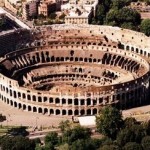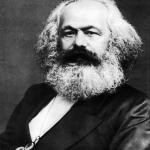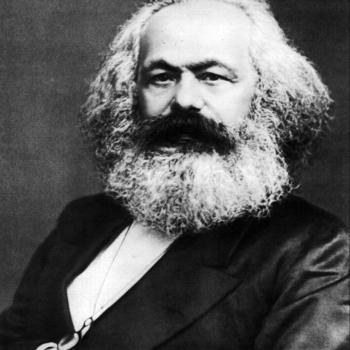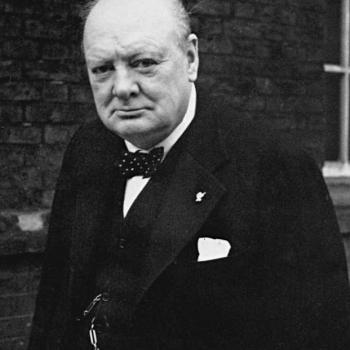Here is a snippet from Dr. Hancock’s article in the Fall 2017 edition of Square Two entitled “Beyond the Mormon Moment“:
A new, true Mormon Moment may thus be opening. Now that it is clearer who we are, and who we are not, we can take up the task of being Mormon in a world (and first of all in an America) that seems to have set its face resolutely against the goods of the natural and traditional family (yes, a real thing, despite its variations), and thus against what should be common sense and is certainly the only possible foundation of a good society. Of particular interest to SquareTwo authors and editors is the challenging intellectual side to this true Mormon Moment, this (surely long) countercultural moment, the moment of Mormons in internal exile, if you will. Our cultural exile cannot be absolute, and so the challenge of engaging the moral, political, and philosophical ideas at work in the larger society is more urgent and potentially more rewarding than ever.
This engagement must have both defensive and expansive dimensions. Defensive: we must defend ourselves against the incursion of worldviews and ideologies incompatible with gospel fundamentals—not by crude decrials and alarms, but through confident and intelligent engagement based as much on patient study of the facts and of the ideas shaping those facts. Such study must draw from the best books of the philosophical, literary, and theological traditions as well as from solid empirical evidence while staying close to the touchstone of faith and settled doctrine. As our leaders now point out emphatically and frequently, making the case for religious freedom is “job one” in this more defensive posture of the faithful Mormon intellect.
Such intellectual defense simultaneously looks both inward and outward: we must do what we can to persuade non-Mormons who might be persuadable, but first and foremost we must know how to discern for ourselves the premises that lead to hostility to institutional religion as these penetrate our own thinking, and must develop the philosophical anti-bodies to resist them. Religious freedom as a social ideal and institutional practice depends upon religious freedom as a state of our minds and souls.











